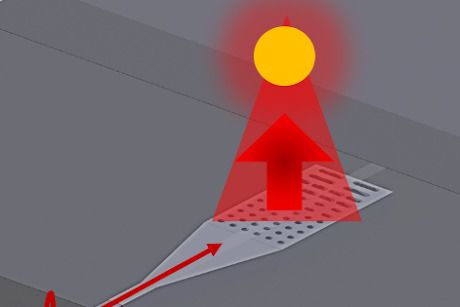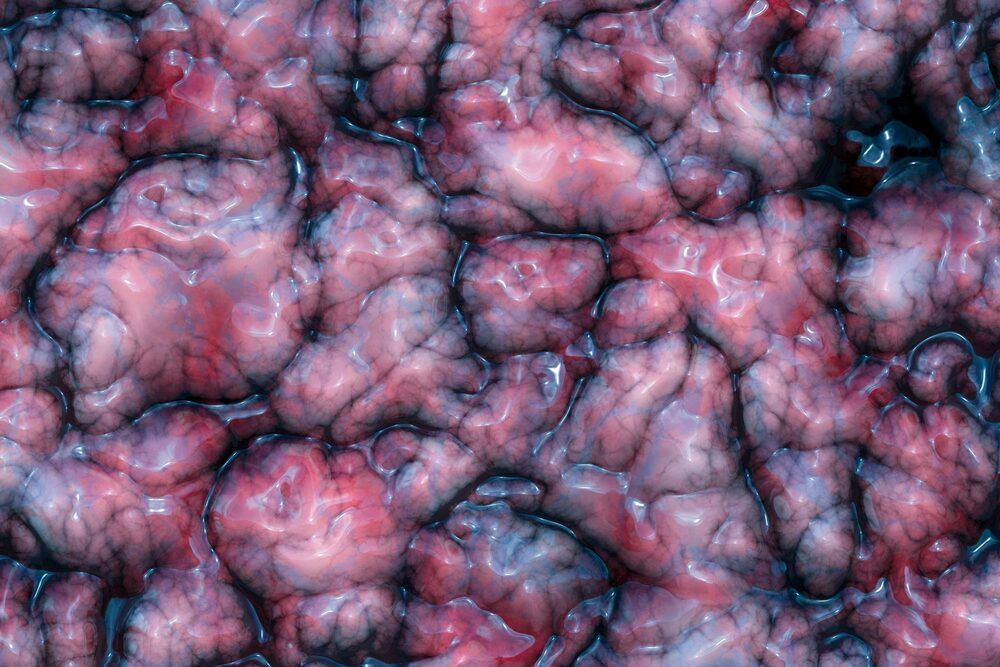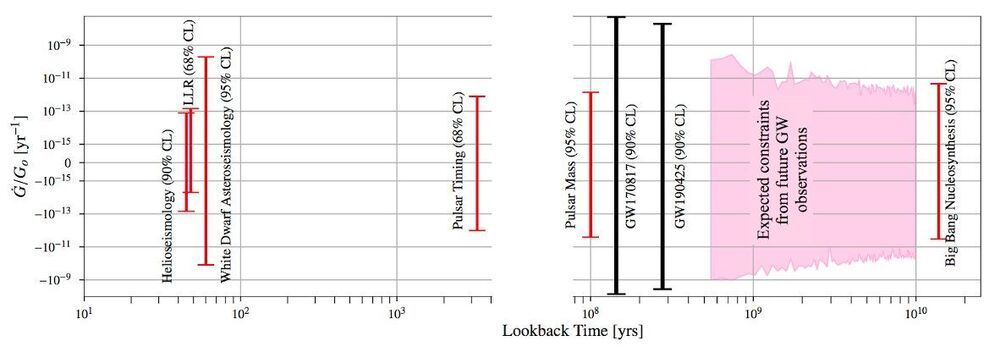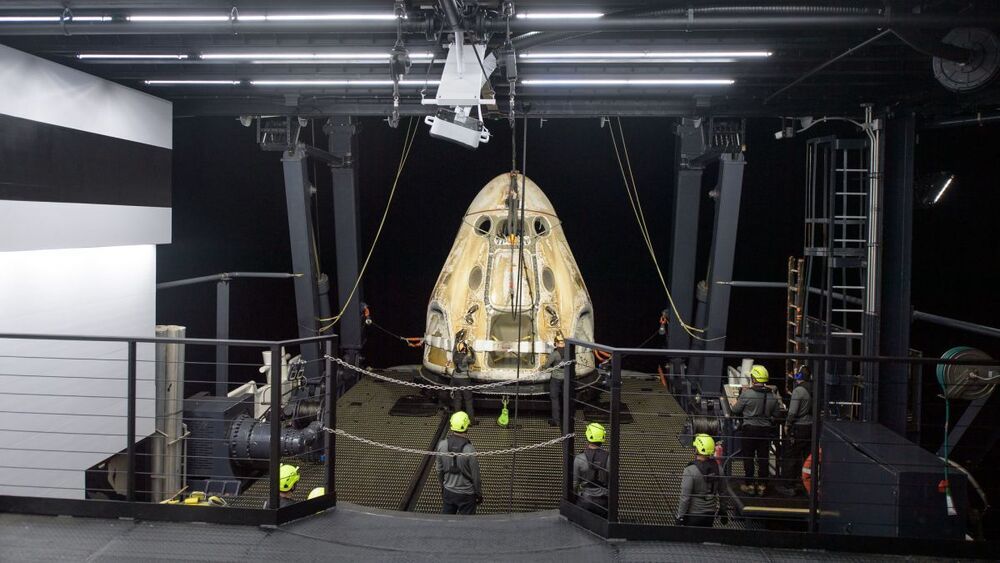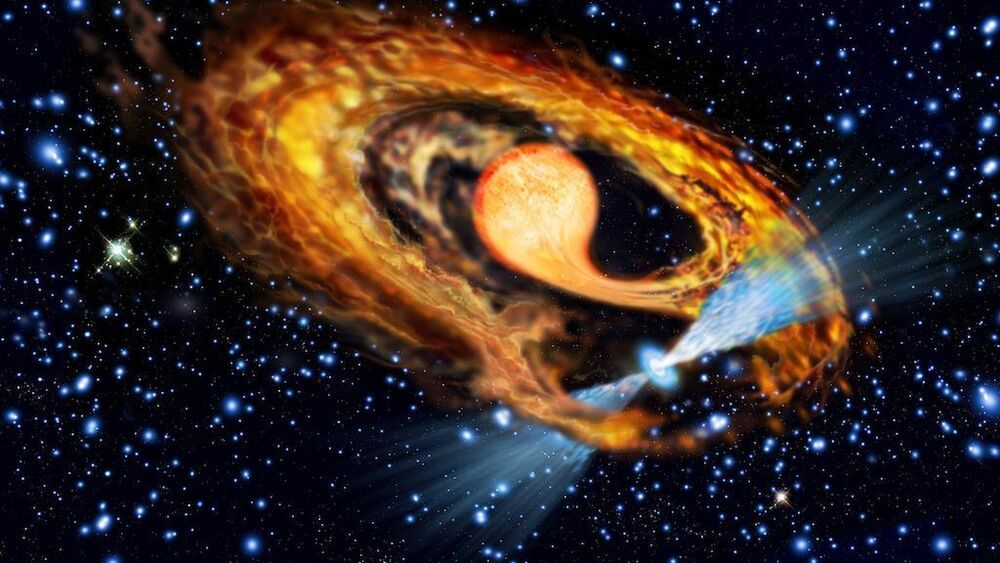In work that could someday turn cell phones into sensors capable of detecting viruses and other minuscule objects, MIT researchers have built a powerful nanoscale flashlight on a chip.
Their approach to designing the tiny light beam on a chip could also be used to create a variety of other nano flashlights with different beam characteristics for different applications. Think of a wide spotlight versus a beam of light focused on a single point.
For many decades, scientists have used light to identify a material by observing how that light interacts with the material. They do so by essentially shining a beam of light on the material, then analyzing that light after it passes through the material. Because all materials interact with light differently, an analysis of the light that passes through the material provides a kind of “fingerprint” for that material. Imagine doing this for several colors — i.e., several wavelengths of light — and capturing the interaction of light with the material for each color. That would lead to a fingerprint that is even more detailed.
